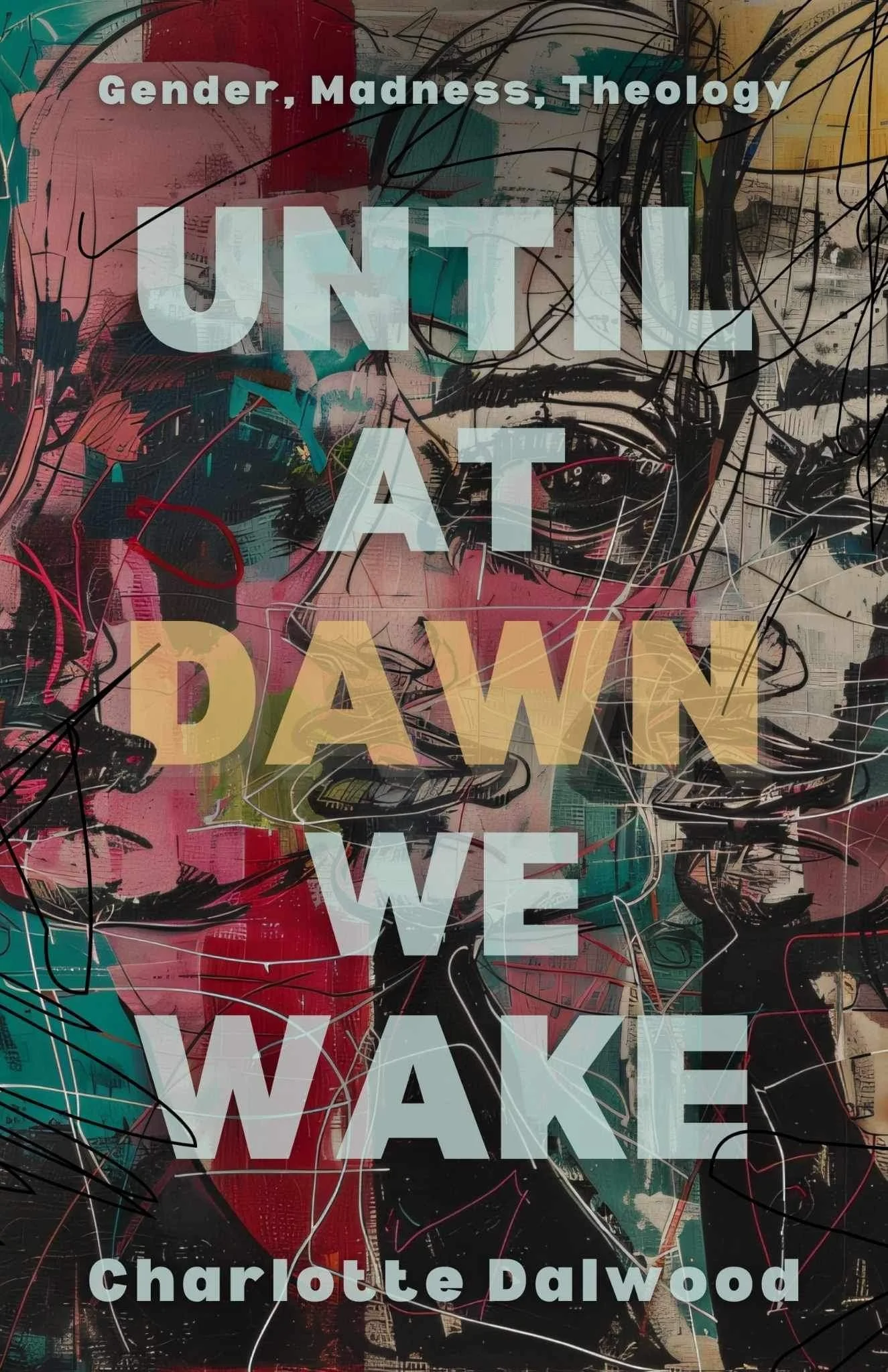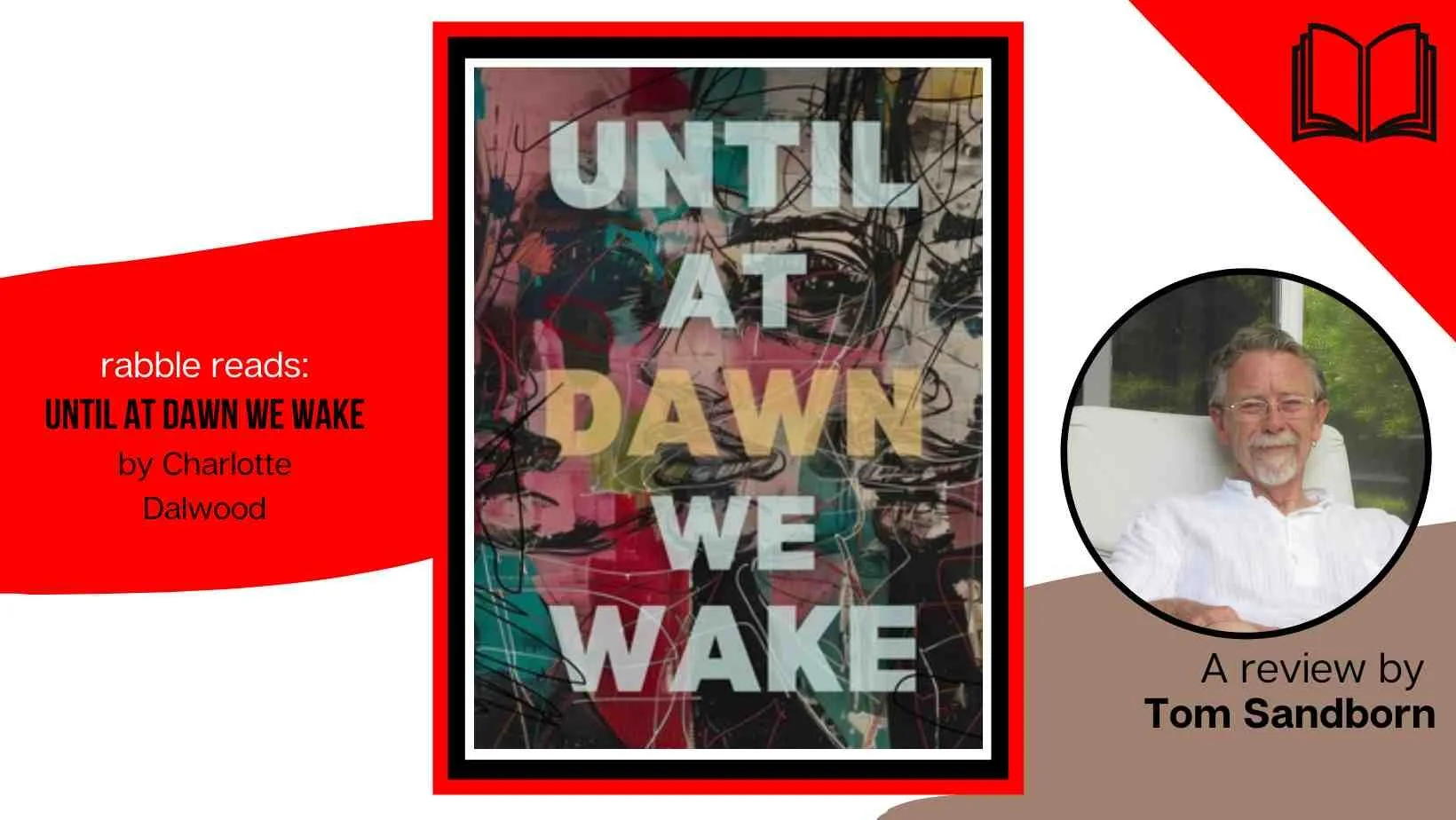
Until At Dawn We Wake: Gender, Madness, Theology
Until At Dawn We Wake: Gender, Madness, Theology
Order Now:
About the Book
Through a series of compelling personal essays, Until At Dawn We Wake reexamines three of the centering points of Christian theology—creation, sin, and redemption—by asking what light gender dysphoria and psychosis can shed on the Christian religious experience. Written with an urgency born of the author’s personal experience grappling with the subjects she engages, this book breaks novel ground in such areas as disability theory, anti-carceral politics, and feminism.
Are schizophrenia and related psychotic illnesses forms of neurodivergence, and what difference does it make for our doctrine of creation? What does it mean for the modern disability rights and feminist movements that the largest psychiatric facilities in North America are prisons, and how should this fact shape our understanding of sin and damnation? What can paranoid delusions tell us about the nature of faith and revelation? How might our theology be shaped by the ongoing abuse crisis plaguing Christian churches, in which 2SLGBTQ+ people are far more likely to be victimized than their non-queer peers? Until At Dawn We Wake explores these and other questions through a combination of tenacious reporting, critical analysis of cultural objects, and personal reflection.
Reviews
“…by turns funny, fond, and profound, and every sentence is shapely, every argument compelling….this is an author who has produced a book that is good to think about, with challenging analysis and lucid, lapidary prose
— Tom Sandborn, rabble.ca
Jennifer Koshan, Professor & UCalgary Research Excellence Chair, University of Calgary, Faculty of Law
An original and ultimately hopeful reflection on living in a body and world shaped by conflicting interpretations of religion, (dis)ability, gender identity, and systemic violence. Referencing sources as diverse as John Calvin and Judith Butler, Dalwood tackles “queer alchemies” such as desire and exile, choice and fate, liberation and assimilation, and inclusion and violence. Beautifully written, her story resonates with its own alchemy of gravitas and humor.
Rabbi Mark S. Glickman—Author of Sacred Treasure: The Cairo Genizah and Stolen Words: The Nazi Plunder of Jewish Books
“I’m reading an amazing essayistic memoir written by a psychotic, transgender, law student with a graduate degree in divinity from Yale who was formerly a conservative Christian and is now a convert to Judaism – and you’ve gotta read this thing for yourself.” Until recently, I never could have imagined uttering a sentence like that, but now I’m saying it to everyone I can.
Charlotte Dalwood’s Until At Dawn We Wake: Gender, Madness, Theology is a fascinating and thought-provoking exploration of some of life’s most fundamental questions, examined through the prism of the author’s extraordinary life. What is the difference between religious vision and psychotic delusion? How might we embrace “disability” as something sacred and transformative? How can we be genuinely religious in a world in which so many adherents use religion in harmful ways? These and other important questions come alive in this engagingly written and accessible volume. Dalwood’s stories are moving, her reflections are insightful, and her wise and compassionate voice is an important one for our world. Don’t just take my word for it – you’ve gotta read this thing for yourself!
Erin Jean Warde, Author of Sober Spirituality: The Joy of a Mindful Relationship with Alcohol
Charlotte Dalwood’s Until At Dawn We Wake offers a powerful understanding of identity, traversing the many facets and edges of mind, body, and soul. Dalwood weaves the varying texts of her life into the greater text of understanding humanity’s relationships, both interior and exterior. It is, in fact, an invitation to know Dalwood and her life’s questions, and through knowing her, better know yourself and your own life’s questions.
David Hayward, aka “NakedPastor”, author of “The Art of Coming Out”
Charlotte Dalwood’s honest and tender account of her experience and study is a must read as another instalment into the unfolding revelation of the trans reality. I hope more stories like this one come to light so that the vast diversity of our wondrous humanity is normalized, embraced, and appreciated.


